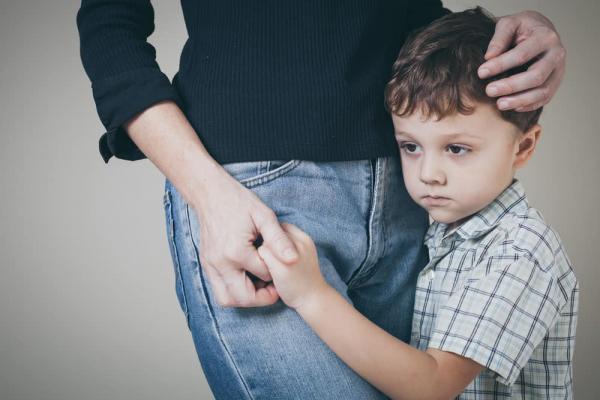
Paris, Syria, Boston, New York City; these are just a few cities that have experienced acts of terrorism within the last couple of years. Terrorism is something this generation has grown up hearing about and seeing on the news.
It seems that every couple of months there is another large attack that makes us question the world's humanity.
This is already a frightening subject for most adults, but many wonder how do these events affect our children? Or they ask, "How can I talk to my children about these types of attacks?"
Here are 7 things to remember when talking to your kids about terrorism that will help them to understand and process these events:
1. Don't over share
This is an important thing to remember about talking to your kids about terrorism or any other horrible tragedy. Children perceive a lot, but don't mistake that for them being able to understand everything that is going on. Explain facts and events to their understanding; ask questions and listen to their responses and teach accordingly.
2. Tell the truth
Children are very aware of what is going on around them, so hiding the truth usually can frustrate or scare children even more. Telling your children the truth about terrorist attacks, or terrorism itself, is the best way to go. This will help them know that you aren't trying to shelter or hide things from them, and it keeps them from going to other sources that may not be as positive.
3. Ask questions
As was mentioned before, asking children questions can be an important part to help them understand events surrounding terrorists or terrorist attacks. By asking questions, you can teach to their understanding and allow them to understand that you are always available to talk to them about "scary" or confusing subjects.
4. Don't blast the news in front of them
This goes along with over-sharing, and is important to remember especially in regards to children. Many experts have said that when news programs show a disturbing event over and over, children who watch it feel as if that certain event is actually occurring multiple times rather than just once. Protect your children by turning the TV off and talking it out with them.
5. Address fears
Helping your children understand that terrorism and terrorist attacks are scary, and that it is OK to be scared, can help them process what has happened. Address their particular fears and help resolve them to the best of your ability, without diminishing or dismissing them.
Find possible solutions to help them feel safer, such as talking about how far away the attacks were, or that there are people who are trying to stop them from happening again.
6. Be positive
It is important to be an example in these situations, because children will look to you and how you are acting. Try to be as calm as possible, so that your children know there is no reason to panic. Try to discuss what is being done after the attacks, and again, talk about how this is something that is not necessarily going to occur where you are.
7. Show love
Give your kids a hug and help them understand that bad things happen but you will always love them. Help them to understand that people are generally good, and to treat others with love.

